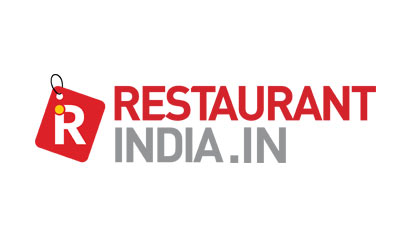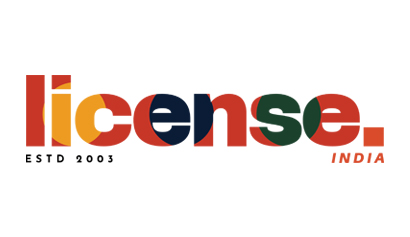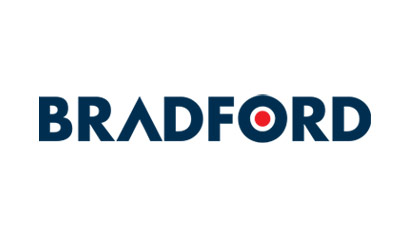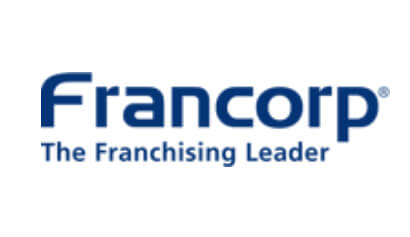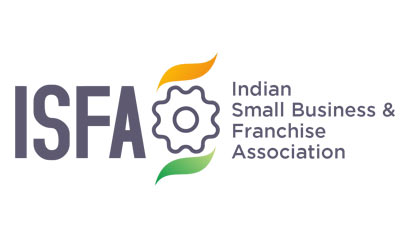To get access to over 10000+ Franchise Business Opportunities.
Network with the growing Business Community to get expert interventions to let you learn to Grow & Expand your Business with Franchising.
Brand Ginger with its umbilical connection to the well-known Taj Group is expanding fast in India. Roots Corporation Limited (RCL) is a subsidiary of The Indian Hotels Company Limited (IHCL) which is a part of the Tata Group.
In a candid conversation with Ekta Sharma Verma, P. K Mohankumar, MD and CEO, Roots Corporation Limited spoke about Ginger's further plans in India and the challenges ahead.
Tell us about Ginger Hotels' strategies for this year to prevail as a winner in the Indian market?
Ginger Hotels in its 10th year of operations is strategically focused on profitable growth. A two pronged drive aims at consolidating current operations of 30 hotels pan-India, while mobilising resources to fast track inventory growth in line with strategic growth map. Ginger Hotels would continue to retain its positioning as a SmartBasics branded product at an affordable price point in budget space. Ginger's strategic plan clearly spells out its intent to be the pioneering leader in SmartBasics and retain its substantial market share.
We would like you to share the story behind the name Ginger?
Launched in June 2004, the SmartBasics concept created a revolution in the world of Indian hospitality. The first of the SmartBasics hotel was launched in Bangalore and was called IndiOne. These hotels have been launched with a new name, Ginger Hotels, in sync with the fresh, simple-yet-stylish and warm world of Smart Basics. The concept was developed in association with renowned corporate strategy thinker, Dr. C. K. Prahalad, and the hotels have been indigenously designed and developed by IHCL.
Via which model do you operate in India?
At the moment we have multiple operation models including Greenfield, lease rentals and management contracts. Going forward, we also plan to adopt other models such as conversions of operating hotels and franchise.
Why have you given a thought to adopt franchise route in India?
There is a lot of potential for the economy hotel sector in India with markets such as East and North-East being largely unexplored. To further grow the brand in the Indian market, we are looking at franchise agreements which is one of the fastest models to expand the brand presence.
What is the biggest challenge in the hotel Industry in India?
Lack of infrastructure and high investment costs, particularly cost of land makes projects unviable. Also, currently there are no government incentives for the budget and the economy segment as the rules are currently designed and tailored for luxury and upscale segment. Industry is dependent on the import of a lot of operating equipments from overseas.
Which all cities in India are you tapping for expansion?
We are looking at tier II and III cities such as Bhubaneswar, Vapi, Jaipur and Vadodara, besides metros for expansion. We currently have 30 operational hotels in the country and aim to scale up to 40 by end of FY15.We envisage having 50 more hotels under Ginger by the year 2017 and expect to add 20 hotels by 2015-16.


Business Opportunities
Browse By Investment Range
Browse By States
Popular Cities






